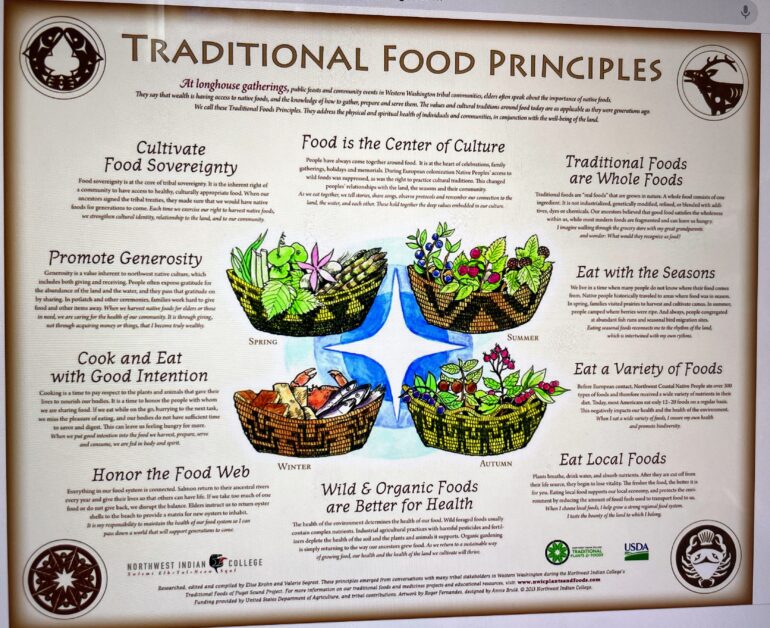By WEforum Editor
Our lives should have meaning, and that meaning is to help people suffer less and help them to touch the joys of life. When we have compassion in our hearts and we know that we are able to help a person suffer less, life begins to have more meaning. This is an important source of nourishment for us and can bring us a lot of joy. One individual is capable of helping many living beings.
— Thich Nhat Hanh, How To Eat
A.J. Jacobs, who refers to himself as a “moderately grumpy” man who tilts toward “annoyance and impatience,” decided that he took many things in his life for granted and wanted to role model thankfulness-in-action to his sons. In his book, Thanks A Thousand: A Gratitude Journey, A.J. Jacobs sets out on a journey around the globe to thank everyone who makes his morning coffee ritual possible. Naturally, his first steps on this journey toward gratitude began with the baristas and then took him to far-flung places to thank around 1,000 more people, including the growers, suppliers, distributors, and even the pest control company that managed critter issues for a coffee warehouse. Along the way, Jacobs writes that he began to internalize David Steindl-Rast’s quote that “‘gratitude leads to happiness,” not the other way around.
Most of us habitually take things for granted, so Jacobs’ adventure is notable not just because it reminds us to express gratitude but because it reminds us to honor and respect what nourishes us in this fragile, interconnected world. Jacobs recounts being inspired by an Italo Calvino fable he read in The Invisible Cities, where threads that run between a neighborhood’s connecting apartments represent distinctly specific relationships, like the familial or business, or whichever relationships make up a community. As the threads expand across the city, they become so densely interwoven that it almost becomes impossible to walk.
Climate change, global food supply disruptions, the pandemic, and the invasion of Ukraine have reminded us of our reliance on a large, intricate web of strangers for much of our nourishment. And that gratitude should be supported by good works because our tragic reliance on extractive resources is leading us to the brink of destruction.
Our renewed interest in indigenous cultures and ingredients, grown locally, using regenerative practices, not techniques that deplete the environment, might be partially due to integrating the more sacred elements of food and promoting a healthier and more sustainable world. Not many food and nutrition guides highlight gratitude. Nor do they take into account our ecological vulnerability. In contrast, we have devoted our lives to following data-driven nutrition guides, like the USDA food pyramids and MyPlate. But the American food guides are not just nutrient guides to health and nutrition; they are also symbols of appeasement and a bow to Big Food hegemony.
This guide below, designed by Elise Kohn in collaboration with tribal stakeholders in Western Washington, better encapsulates all the elements that we need for optimal wellbeing: health, nutrition, sustainability, and gratitude.


